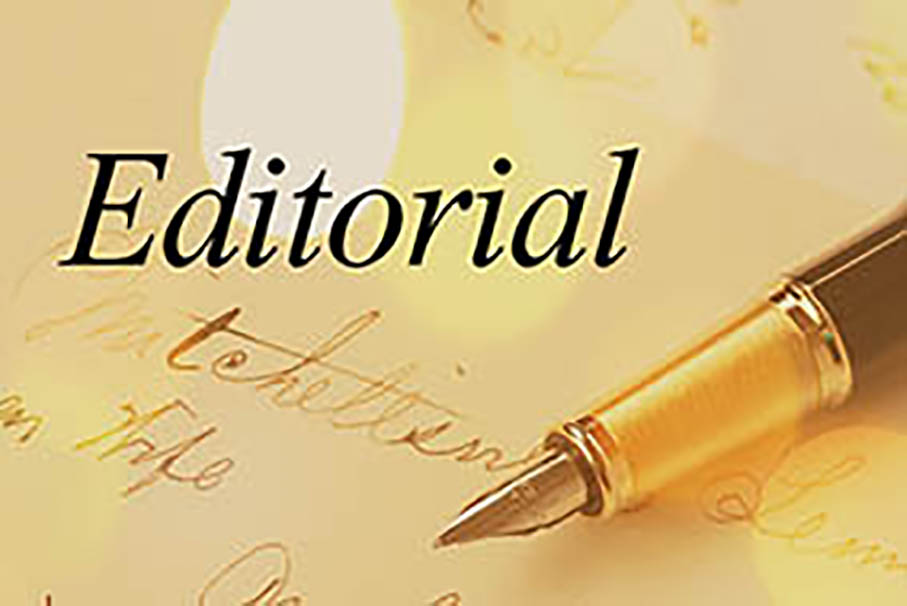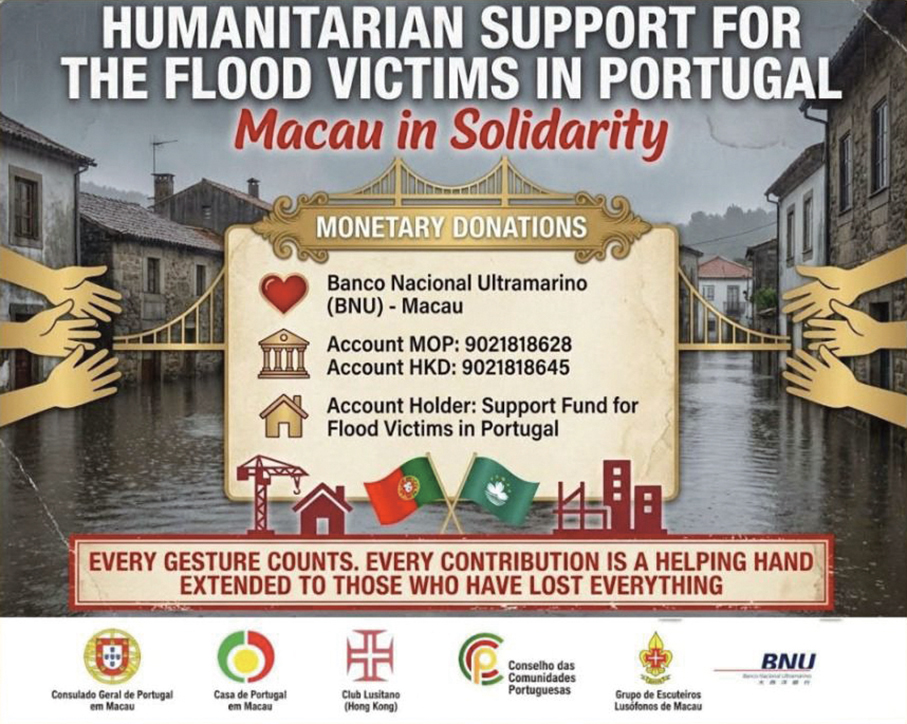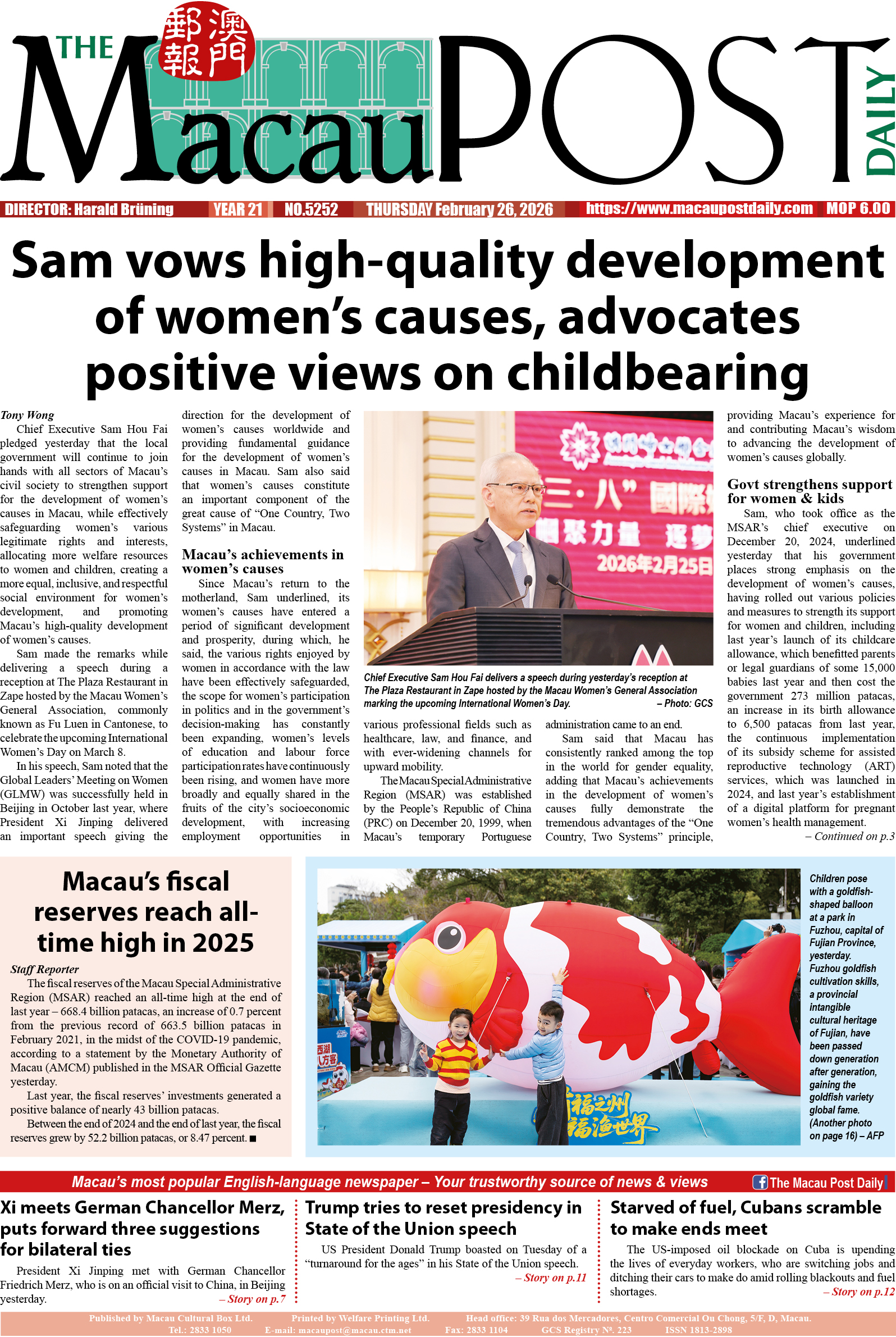I think it’s high time to salute our city’s anti-COVID-19 cleaners and other vitally important support staff, many of them non-resident workers, toiling hard to keep all of us safe. I have great respect for them. Incidentally, I respect all hard-working people, be they medical workers, waiters, sales assistants, rubbish collectors or, last but not least, journalists.
I have always held so-called “3-D” workers in high esteem – that is to say all those engaged in dull, dangerous and dirty jobs that any civil society needs someone to do. Without them we all would be unable to live our normal lives. We ought to be grateful to them for their labour.
I have talked to quite a few “3-D” workers during the novel coronavirus crisis over the past two months about their work at this particularly difficult juncture of time. None of them complained about their extra work burden such as having to clean staircase banisters every hour, having to check patrons’ temperatures and spraying hand sanitiser on their hands, wiping dining tables again and again and hosing down the city’s streets or driving a spray truck at an ungodly hour late at night and very early in the morning.
All of them told me that they didn’t mind the extra work because they know that it’s absolutely necessary to keep the novel coronavirus at bay. Quite rightly, they took pride in their work. However, they also expressed anxiety about their job prospects if the local economy deteriorates even further.
Of course, their worries are justified. I hope that their employers will appreciate their arduous work enough to think twice before laying them off.
Thankfully, local anti-epidemic workers’ attitude is so different from some of their counterparts in North America and Europe, some of whose remarks broadcast by various international TV channels about being “overworked” and “tired” left me flabbergasted. Oh my goodness, what do they expect during an epidemic endangering the lives of scores of people? Frankly, I think it’s absolutely normal to be “overworked” and “tired” when working during a major public health crisis. Complete exhaustion preventing one’s work capability is, of course, another thing. Ultimately, it’s a matter of proper fatigue management by oneself and one’s bosses.
I myself have been “overworked” and “tired” during certain periods of my career as a news correspondent, such as while covering the 1999 handover, East Timor’s independence celebrations in 2002 and the awful consequences of deadly typhoons in Macau. But each time I also felt professionally very satisfied to have done something I hoped was rather useful.
We all have to accept the fact that we are going through a global health crisis that requires both individual and collective sacrifices to tackle it. What is needed is realism. We all need to make and accept hard decisions. After all, that’s what etymologically the word “crisis” means in Greek: “decision”. That’s what it is all about, taking the right decisions at the right time. Politicians in the EU and US (not just Trump) have horribly failed in their decision-making process vis-à-vis the deadly COVID-19 threat. They had two months to prepare for the onslaught. Obviously, little if anything was done. Now we’ve had it.
Just one more observation: I have heard some residents complaining about local students returning from overseas and non-resident workers – mainlanders and Filipinos in particular – allegedly spreading the novel coronavirus here. Of course, that’s utter blarney. Locals have the right to return home, even though they have to endure a 14-day quarantine which, let’s be realistic, isn’t exactly hardship. Besides, it’s a truism to say that the novel coronavirus doesn’t differentiate between different ethnicities. As “organisms at the edge of life”, as some biologists describe them, they are simply too dumb for that.
– Harald Brüning








